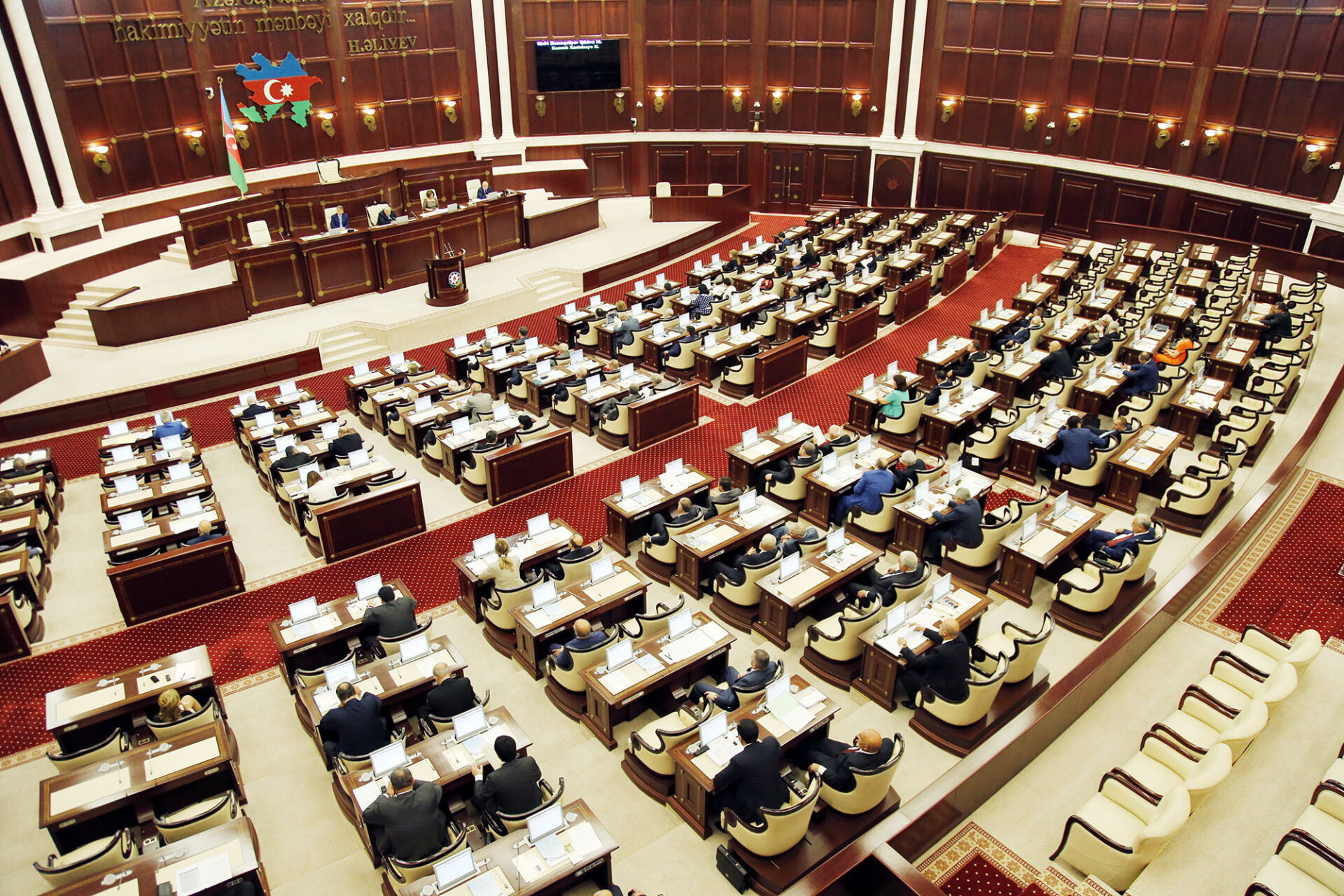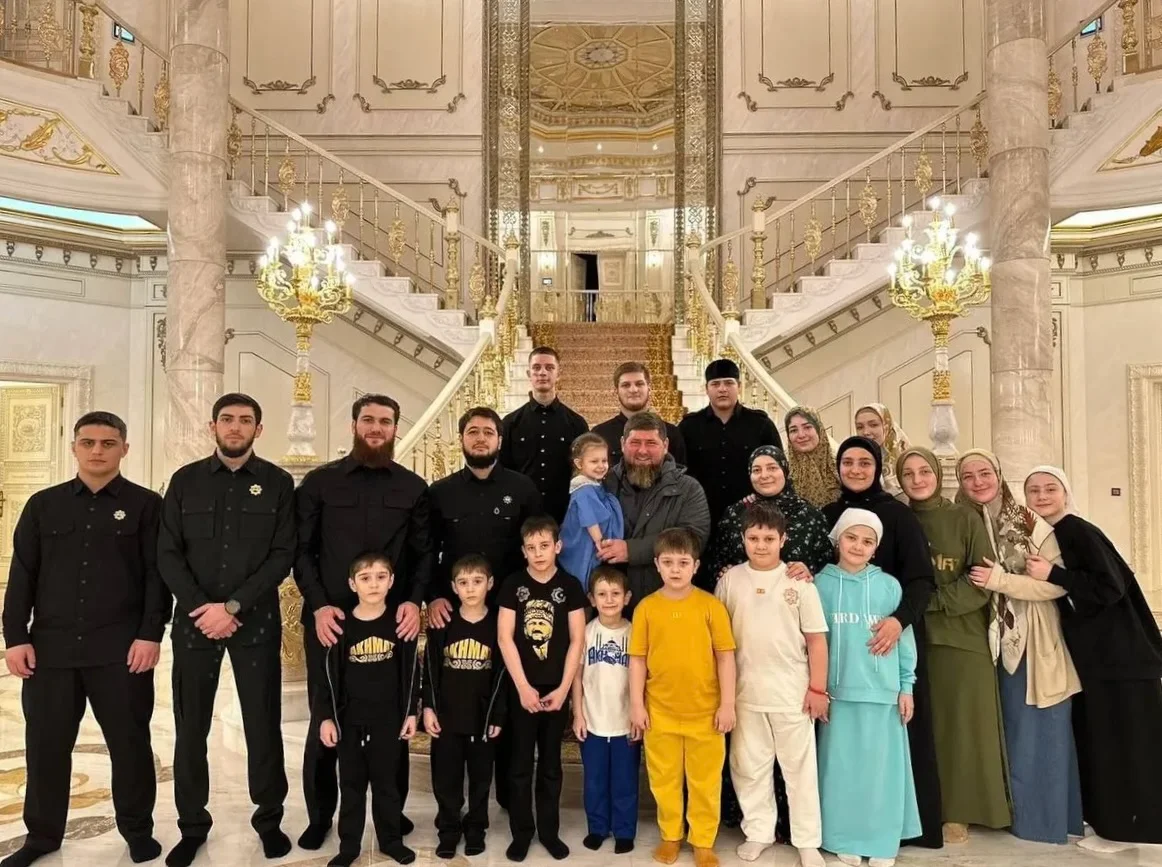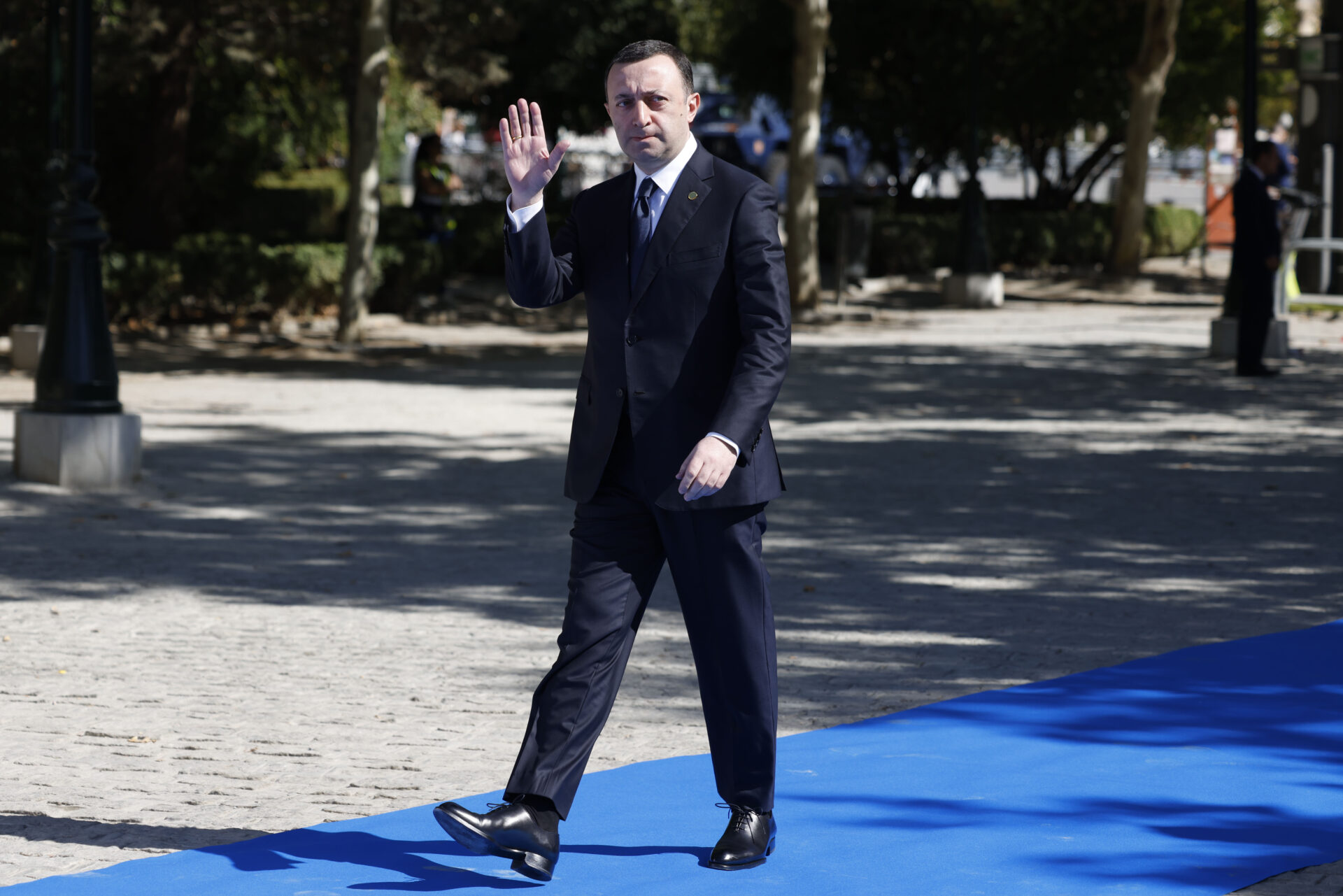
Georgian Officials Reflect on Implications of Parliamentary Elections
Georgian Officials Reflect on Implications of Parliamentary Elections
Executive Summary:
- The October 26 parliamentary elections in Georgia are highly contested, with the ruling Georgian Dream party facing allegations of vote rigging. The party denies these claims, asserting the elections’ accountability, transparency, and legitimacy.
- Georgia’s path to Euro-Atlantic integration is uncertain due to the continued rule of Georgian Dream and its undemocratic policies. The ruling party will have to make concessions to maintain good relations with the West.
- Georgia is at a critical juncture between the future of Georgian democracy and its alignment with the West or an increasingly authoritarian path and greater alignment with Moscow.
On October 28, speaking at an opposition rally in the center of Tbilisi, Georgian President Salome Zurabishvili stated that she does not recognize the October 26 parliamentary elections as free and fair. Zurabishvili accused the ruling Georgian Dream party, which officially received 54 percent of the vote, of “stealing the votes” and promised to “fight together with the people for the country’s European future” (Civil.ge, October 30). Local and international observers reported numerous election violations. Prime Minister Irakli Kobakhidze and other leaders, however, rejected all accusations and said that despite the opposition’s resistance, which promised supporters to give up their parliamentary mandates, the first session of parliament will take place at the end of November (Civil.ge, October 30). The official results of the parliamentary elections and the continuation of Georgian Dream supremacy for the fourth consecutive term may not only damage relations between Georgia and the West but also close the prospect of Euro-Atlantic integration for the foreseeable future.
Public opinion polls have confirmed that at least 75–80 percent of Georgians want to see their country become a full member of the European Union and North Atlantic Treaty Organization (NATO) (Agenda.ge, September 16, 2022). The US President and EU leaders, however, have made it clear that while Georgia is governed by a party that has adopted an anti-democratic “foreign agents” law and a law against the LGBTQ community, the country will not be able to count on Western support or be able to apply for integration into the European Union or NATO (see EDM, April 9, July 3).
Ambassador Batu Kutelia, the vice president of the Atlantic Council of Georgia and a fellow at the McCain Institute for International Leadership, said in his October 31 interview with this author that, Russia would be able to irreversibly revert Georgia’s democratic transformation and European and Euro-Atlantic integration by legitimizing a fourth term for the Georgian Dream government through rigged elections. “That’s why we have seen numerous reports and evidence of Russian interference in the political processes in Georgia through the full inventory of the hybrid war enabled by the friendly Government,” contended Kutelia, a former ambassador to the United States (2011–2013). He further argued, “Russia and its proxy regime were not still able to break through the last line of defense—civil society and the absolute majority of the pro-Western Georgian citizens, hundreds of thousands of them constantly protesting the authoritarian trajectory of Georgian Dream” (Author’s interview, October 31).
Georgian Dream’s honorary leader and Moscow-backed billionaire Bidzina Ivanishvili, in his April 29 and subsequent pre-election speeches, announced plans to arrest opposition politicians and civil activists affiliated with them, as well as banning all major pro-western political parties (Civil.ge, April 30; Euractiv, October 24). David Avalishvili from independent news outlet Nation.ge hopes that this was only the pre-election demagogy and rhetoric for those who dislike former President Mikhail Saakashvili, but “on the ground,” the Georgian billionaire “will not try and will not be able to establish a Belarusian or Russian style dictatorship in a freedom-loving country. Although much will depend on the position of the West” (Author’s interview October 31).
Georgian politicians remind Western partners that saving Georgia from this catastrophe will be a significant victory for democracy over the “authoritarians united” and will have far-reaching positive effects on wider regions of the Black Sea, South Caucasus, and even Central Asia. Member of Parliament (MP) Teona Akubardia, one of the leaders of the Parliamentary “Reform Group,” pointed out in her November 1 interview with this author that the last chance of regaining Georgia’s democratic EU future was through democratic, free, and fair elections. “Our partners and allies from the West clearly said that these elections were neither free nor fair. Thus, if pro-western political forces and people are not able to change the autocratic path of Georgia, it will be another victory of the Kremlin over democracy and the principle of sovereignty” (Author’s interview, November 1).
In an interview with this author on October 31, Georgian MP Khatia Dekanoidze, a former Ukrainian official serving as Chief of the National Police of Ukraine in 2015–2016, noted, “The last EU report about enlargement and additional statements from EU ambassador Pawel Herczynski made it very clear that European integration process of Georgia has been terminated.” Dekanoidze asserted, “At this stage, we have to understand that there will be no integration process in the hands of Ivanishvili, who has only one goal: to secure his financial interests and to keep Georgia isolated” (Author’s interview, October 31).
Petre Tsiskarishvili, the general secretary of the United National Movement opposition party, in his November 2 interview with this author, voiced concern that Georgia will fall into isolation. “The European Union already said that our integration process had been frozen, and we were going backward,” Tsiskarishvili claimed. According to him, international isolation will be catastrophic for Georgia. “We expect to see major sanctions coming from the United States—not in months, but in weeks because the Biden Administration will want to set out the new guidelines on the Georgia-US relations before the next president enters office” (Author’s interview, November 2).
Georgian Dream leaders call the accusations of their opposition colleagues “demagoguery” and “hysteria.” Georgian Dream MP Levan Makhashvili drew attention to the fact that 1,700 international and 23,000 local observers monitored the elections, and up to 200 media outlets covered the process, which further added to the elections’ accountability, transparency, and legitimacy. “Georgians have voted for a peaceful, prosperous, European, unified country and rejected chaos, economic collapse, and instability. Georgian Dream’s track record and electoral promises of peace and prosperity strongly resonated across Georgian society,” Makhashvili emphasized. The ruling party representative contended that the opposition parties, with the president at their helm, failed to bring their messages to ordinary citizens. “Refusing to accept the defeat, they engage in groundless gossip of election fraud. They insist this election was stolen through unprecedented fraud while admitting they cannot prove fraud and refuse to bring any hard evidence to responsible agencies” (Author’s interview November 2).
Many Georgians are concerned about the end of integration processes into Western institutions and the decline of democracy within Georgia. David Zurabishvili, former MP and political expert, observed in his November 1 interview with this author that after the October 26 elections, the state of democracy in Georgia will deteriorate in all directions. It is not yet clear, however, to what extent. He emphasized, “If Ivanishvili’s goal is to maintain some level of contact with the West, then he will have to make concessions” (Author’s interview, November 2).
Tornike Sharashenidze, a full-time professor and the Head of the MA Program of International Affairs at the Georgian Institute of Public Affairs, explained that it depends on whether Georgian Dream will repeal its law on foreign agents. If it happens, then the ruling party will be able to reset its relations with the West. At the same time, Georgian Dream will stay committed to its cautious stance with Russia (Author’s interview, October 30).
The elections have intensified Georgia’s political divide and cast a long shadow over the country’s aspirations for Euro-Atlantic integration. Western leaders have indicated that, under current leadership, EU and NATO membership prospects remain bleak, isolating Georgia from the support it once enjoyed on the path to European integration. Georgia’s future direction now hinges on whether Georgian Dream will heed international pressure and respond to domestic demands for reform or deepen its alignment with Russia, reshaping its identity away from the democratic aspirations that have defined the last two decades.


